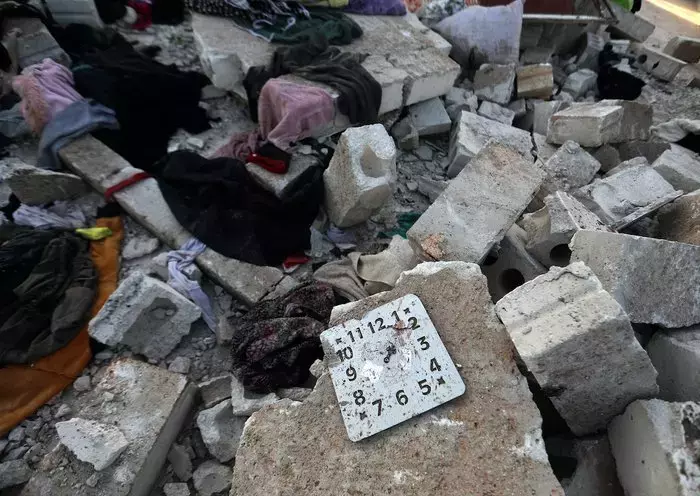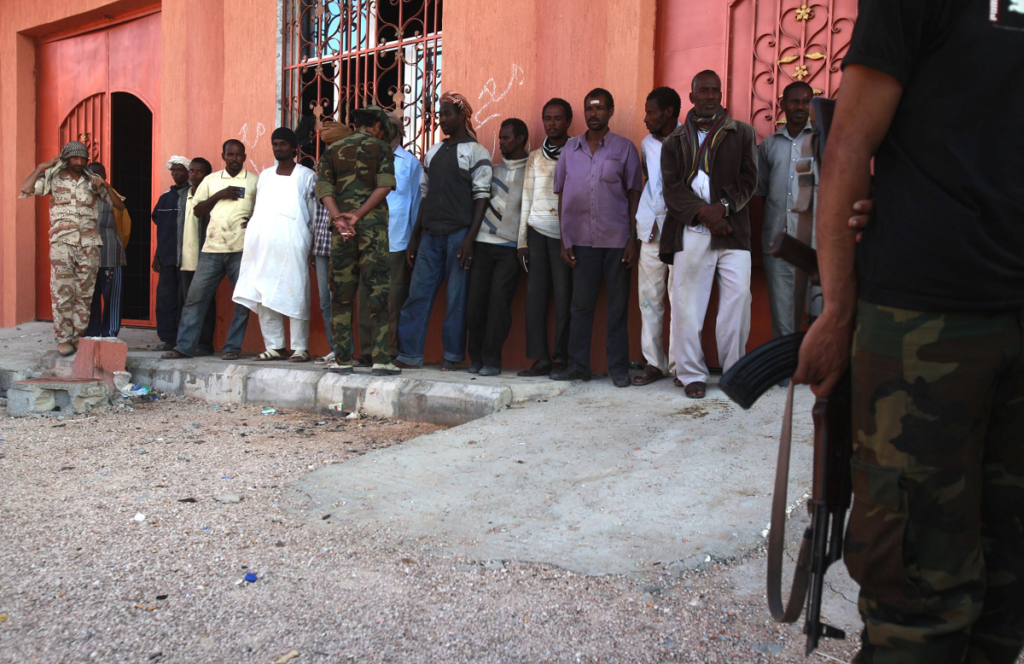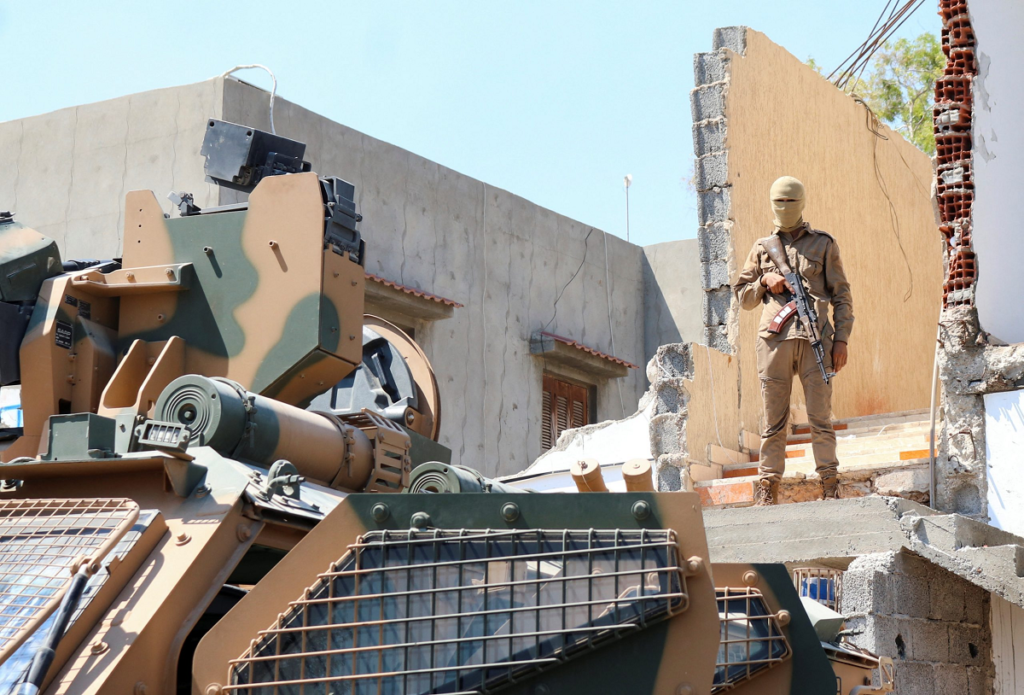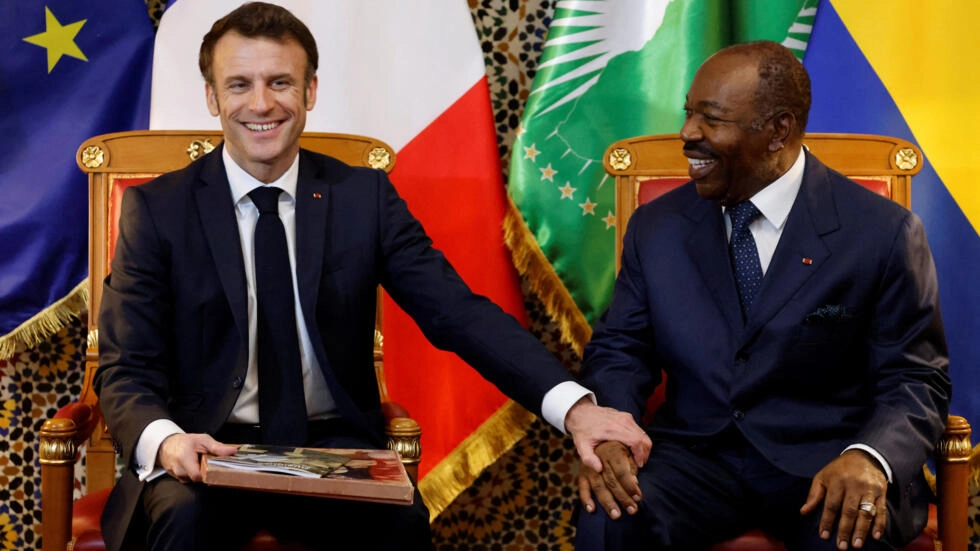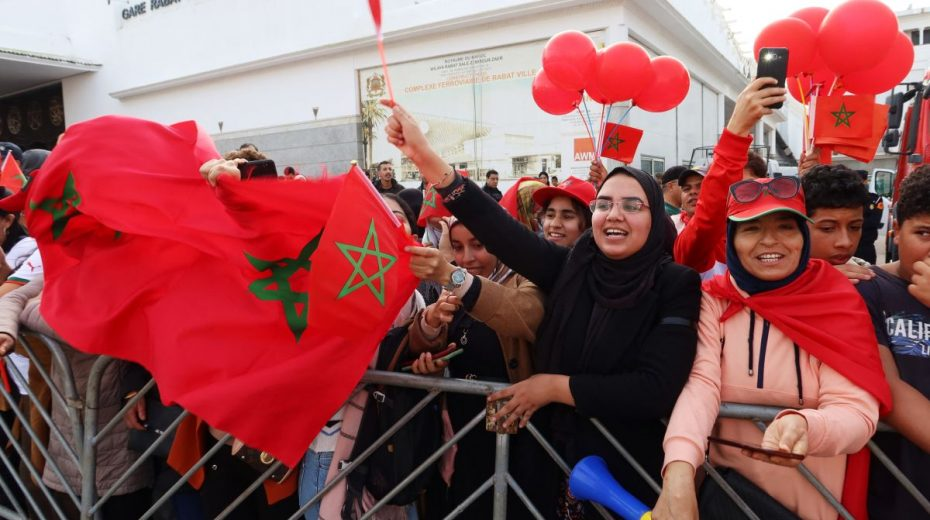Jihadi ‘Counterterrorism:’ Hayat Tahrir al-Sham Versus the Islamic State

Abstract: Once allies in the same organization, Hayat Tahrir al-Sham (HTS) and the Islamic State have an interesting history that turned them into ‘frenemies’ from April 2013 to February 2014 and then outright enemies over the past nine years. This led to a broader global fight between al-Qaida and the Islamic State. Yet, HTS continued to tread its own path by breaking from al-Qaida in 2016. From the spring of 2014 to the summer of 2017, the main avenue by which HTS and its predecessor group, Jabhat al-Nusra, dealt with the Islamic State was insurgent infighting. Yet since the summer of 2017, as HTS consolidated control over areas in northwest Syria and developed a governance apparatus, HTS has favored a lawfare approach to dealing with Islamic State cells in the territory it controls. Surveying the data on its arrest campaign against the Islamic State over the past half decade suggests HTS has been successful in countering the Islamic State. Yet, even if its fight against the Islamic State is deemed a net positive, HTS’ continued support for terrorism abroad and the authoritarian nature of its governance make it difficult for the West to countenance removing the group from the list of designated terrorist groups or engage with it.


